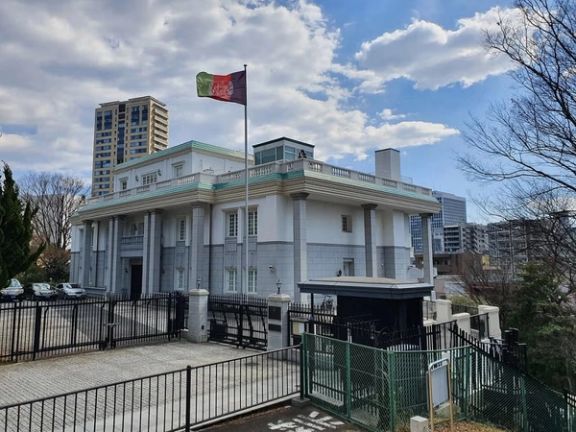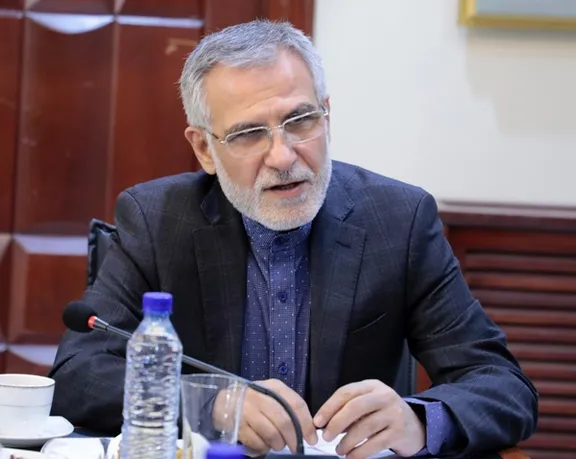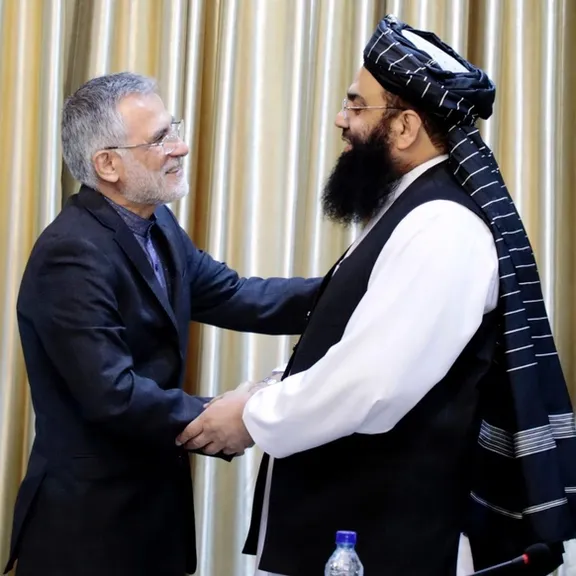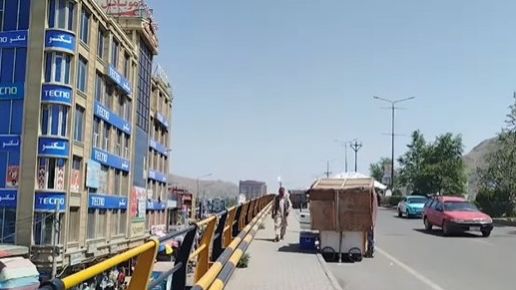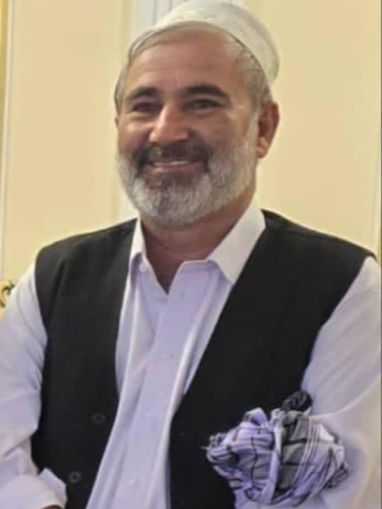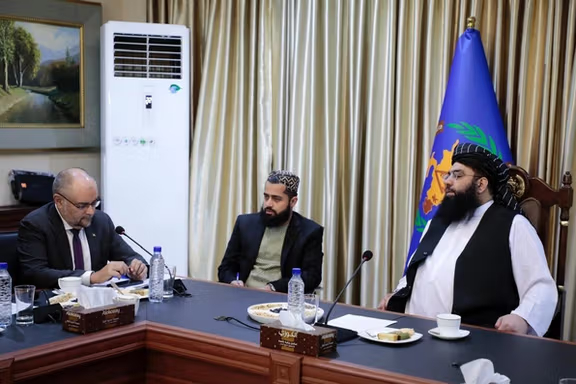Speaking at a press conference in Kabul on Thursday, at the end of a six-day visit, Bertrand said the EU views a multilateral process as the only viable path to address the international community’s concerns about Afghanistan. He emphasised that the Taliban must honour its international commitments.
Bertrand said he had met several Taliban officials, UN representatives, diplomats, and aid agencies during his visit, stressing the importance of the UN’s comprehensive approach as outlined in the 2024 report by Feridun Sinirlioğlu, the UN special coordinator for Afghanistan. The approach, he said, involves identifying initial common steps acceptable to all parties.
The envoy reiterated that the EU considers inclusivity, adherence to international obligations, and intra-Afghan dialogue essential for sustainable peace. He added that the EU had raised concerns with Taliban officials about the presence and cross-border activities of regional terrorist groups in Afghanistan, while acknowledging the Taliban’s efforts to curb opium cultivation and combat ISIS-Khorasan.
Bertrand met with senior Taliban officials, including Deputy Prime Minister Abdul Salam Hanafi, Minister of Economy Deen Mohammad Hanif, Minister of Refugees Abdul Kabir, Minister of Information and Culture Sher Ahmad Haqqani, and Deputy Foreign Minister Naeem Wardak.
His visit came amid heightened tensions between the Taliban and Pakistan. Bertrand said he had urged both sides in discussions with Taliban officials and Pakistan’s ambassador in Kabul to exercise restraint, respect each other’s territorial integrity, protect civilians, and resume security dialogue.
This was Bertrand’s first visit to Afghanistan as the EU’s special envoy. He previously served as a diplomat in Kabul during the early years of the Karzai administration.
EU Concerns Over Women’s Rights
Bertrand said he had discussed human rights with Taliban officials and expressed deep concern over restrictions on Afghan women and girls. He said the Taliban’s recent ban on women working in UN offices had sent “another negative message” to the international community.
He reaffirmed the EU’s strong support for media freedom in Afghanistan.
EU Aid and Development Support
Since the Taliban’s return to power in 2021, the EU has provided €1.8 billion in humanitarian aid, essential services, healthcare, private-sector development, and alternative livelihoods, Bertrand said.
He announced a new €83 million support package approved by EU member states to assist Afghanistan’s private sector, vulnerable families, job creation, women’s economic empowerment, and education and health programmes.
However, Bertrand noted that restrictions imposed on aid partners have undermined the efficiency and cost-effectiveness of assistance. He stressed that after four years of substantial support, the EU and its partners remain committed to improving the lives of Afghans but those restrictions must be reconsidered.
Afghan Refugees and Deportations
Bertrand said the mass return of Afghan migrants had become “a major challenge and considerable additional pressure” on Afghanistan’s fragile situation.
He said UN and international partners acknowledged the Taliban’s efforts to accommodate returnees and provide basic services, but emphasised the need for reintegration, housing, and employment opportunities.
The envoy said EU support for Afghan returnees would increase in 2025 through the International Organization for Migration (IOM) and the UN Refugee Agency (UNHCR), focusing on sustainable reintegration, job creation, private-sector development, and access to health and education.
EU Conditions for Engagement
Bertrand said the EU’s engagement with the Taliban is guided by principles, pragmatism, and a focus on the Afghan people.
He said the EU seeks to work with all Afghans striving for a peaceful, inclusive, and self-reliant Afghanistan and pledged to continue visiting the country regularly to meet with Taliban officials, women, civil society representatives, and other social groups.

